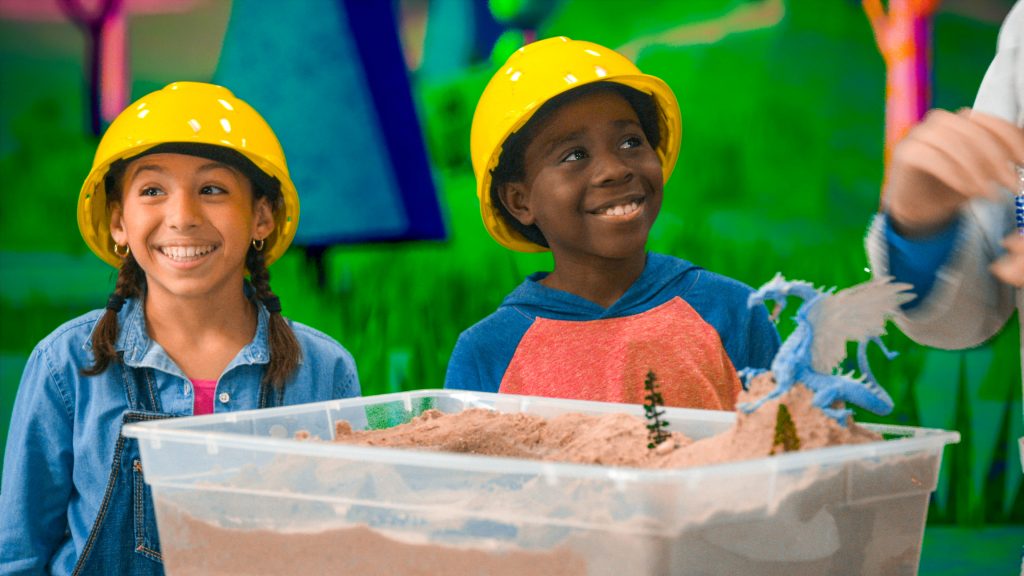
The Earth’s surface is constantly changing. Some events cause fast changes like earthquakes and volcanic eruptions. Other changes can be very slow like erosion.
To better understand how the Earth’s surface changes…
LET’S BREAK IT DOWN!
Volcanos change the Earth’s surface very quickly.
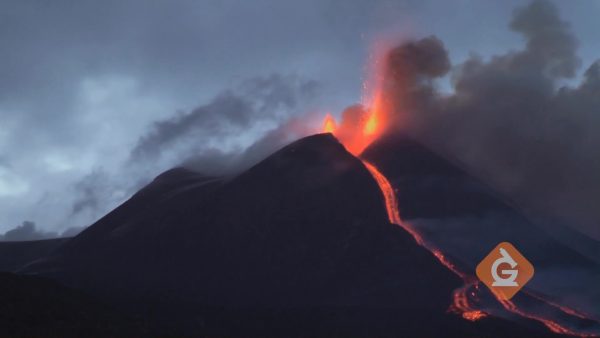
When volcanoes erupt, hot lava is released from inside the Earth. As it cools and hardens, rock is formed and that can change the shape of the land.

Earthquakes change Earth’s surface in seconds.
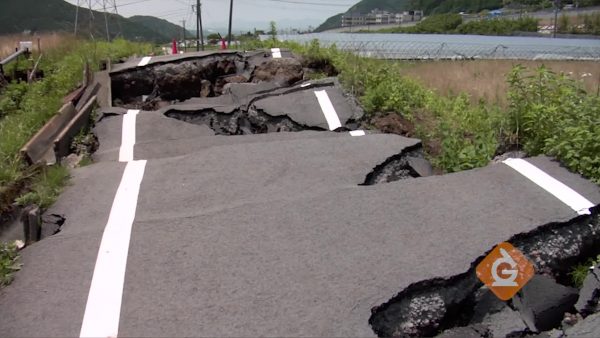
Earthquakes cause the ground to crack. Sometimes roads are destroyed and even buildings can be damaged. These changes to the surface of the Earth happen fast.

Sometimes water changes the Earth’s surface quickly.
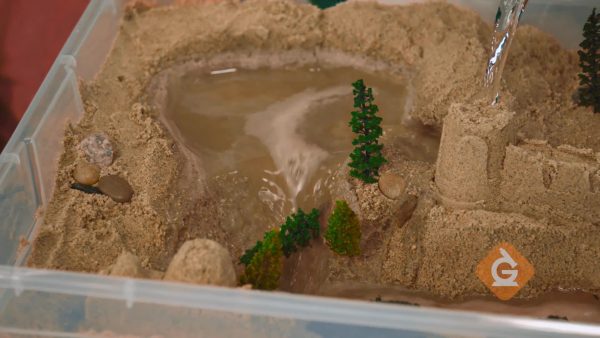
During a landslide, water from heavy rain can cause land in certain places to slide down a hill. Hills that don’t have any plants or trees are more likely to have a landslide.

Erosion can change Earth’s surface very slowly.
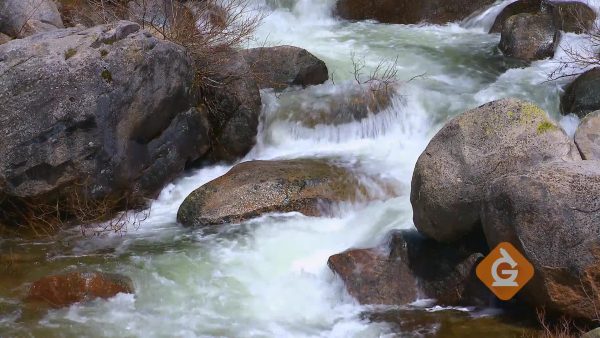
Water erosion is when water slowly moves pieces of the Earth’s surface from one place to another. Over many years, rough rocks can become smooth from the flowing water.

Glaciers change the Earth’s surface very slowly.
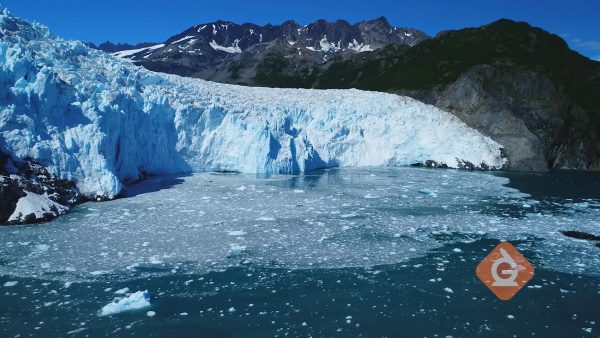
Glaciers are huge pieces of ice that move very slowly. Glaciers are found in very cold places. They are so heavy that they can make big changes when they move.

EARTH'S EVENTS VOCABULARY
QUESTIONS ABOUT EARTH'S EVENTS
How does an earthquake change the Earth’s surface?
How does a volcano change the Earth’s surface?
How would you describe a landslide?
How does a rough rock become smooth?
How did the Grand Canyon form?
How does a glacier change the land?
Skip, I will use a 3 day free trial
Enjoy your free 30 days trial
We use cookies to make your experience with this site better. By using this site you agree to our use of cookies. Click "Decline" to delete and block any non-essential cookies for this site on this specific property, device, and browser. Please read our privacy policy for more information on the cookies we use.Learn More
We use cookies to improve your experience. By using this site, you agree to our use of cookies. Click "Decline" to block non-essential cookies. See our privacy policy for details.Learn More






